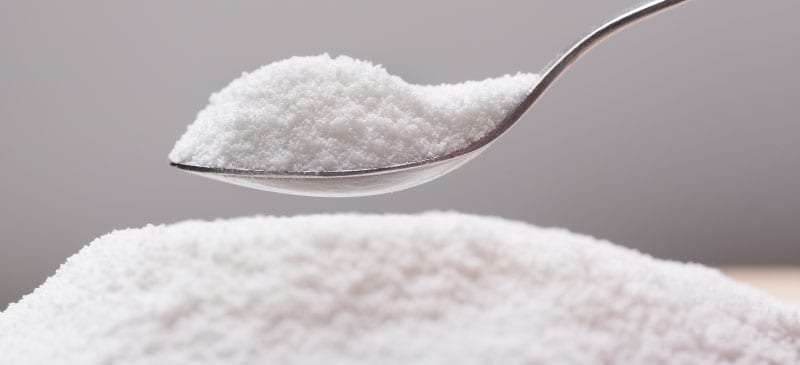
Study Finds Artificial Sweeteners May Increase Risk of Heart Disease
Introduction:
In a recent study, researchers have examined the potential correlation between the consumption of artificial sweeteners and the risk of developing heart disease. The findings shed light on a previously unexplored aspect of sweeteners commonly used as sugar substitutes. This article delves into the study’s key observations, providing an overview of its implications for cardiovascular health.
Body:
The study, conducted by a team of scientists, aimed to investigate the impact of artificial sweeteners on heart disease risk. The researchers carefully examined data from a large-scale population study spanning several years. By analyzing the dietary habits and health records of a diverse group of participants, they sought to identify any connections between artificial sweetener consumption and cardiovascular outcomes.
The results of the study revealed a potential association between artificial sweeteners and an increased risk of heart disease. While the observed correlation does not establish a cause-and-effect relationship, it does warrant further investigation into the long-term effects of these sugar substitutes. The researchers emphasized the need for additional research to elucidate the mechanisms underlying this potential link.
Furthermore, the study findings indicated that certain artificial sweeteners may have a more pronounced effect on heart health than others. However, it is important to note that the specific sweeteners implicated in this study were not explicitly mentioned. Therefore, it is crucial to approach these findings with caution until more comprehensive investigations can identify specific sweeteners and establish their potential implications.
The researchers speculated on several possible mechanisms that could explain the observed correlation. One hypothesis suggests that artificial sweeteners may alter gut microbiota, leading to metabolic changes that could contribute to cardiovascular risk factors. Another theory proposes that artificial sweeteners may indirectly influence food preferences, leading individuals to consume unhealthy foods, which in turn may impact heart health.
It is worth noting that while this study highlights a potential association between artificial sweeteners and heart disease risk, it does not discount the importance of reducing sugar intake as part of a healthy diet. Excessive sugar consumption has long been linked to various adverse health effects, including obesity and diabetes. Therefore, moderation in overall sweetener consumption, whether artificial or natural, remains a prudent approach to maintaining cardiovascular well-being.
Conclusion:
The recent study examining the relationship between artificial sweeteners and heart disease risk has provided valuable insights into an underexplored area of research. While the findings suggest a potential association between artificial sweeteners and an increased risk of heart disease, more extensive investigations are necessary to validate and understand the underlying mechanisms. In the meantime, it is crucial for individuals to adopt a balanced approach to sweetener consumption and prioritize a well-rounded, heart-healthy diet.